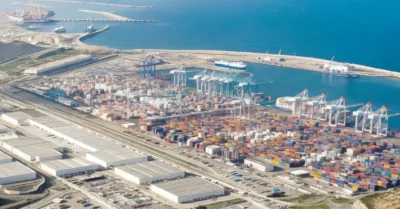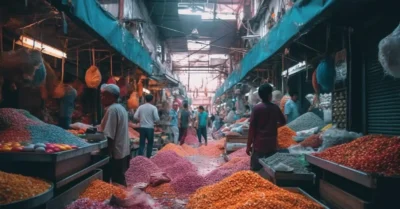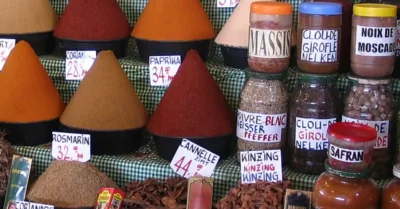Explore Morocco’s flourishing agriculture and exports, including tomatoes, avocados, and berries. Discover how cultivation affects economic growth and environmental sustainability.
Morocco’s agricultural sector burgeons as a linchpin of its economy, constituting 14 percent of its gross domestic product and providing employment to 40 percent of its workforce. The nation emerges as a formidable force in global horticulture, catering to domestic needs and international markets.
Renowned for its exports, Morocco dispatches a medley of produce, including tomatoes, avocados, blueberries, raspberries, and mandarins. Conversely, it imports staples like dates and raisins to satiate local demand.
Avocados
Since the 1950s, Morocco has ventured into cultivating avocados, native to North America. These fruits have assimilated into the local gastronomy, finding their way into various dishes, from smoothies to salads. By 2021, avocados ascended to being the eighth-largest export in terms of value and witnessed a rapid growth trajectory over five years. The forthcoming season anticipates record-breaking exports surpassing 50,000 tonnes, primarily to the United Kingdom and the European Union. However, this cultivation comes at a cost, demanding around 20,000 cubic meters of water per hectare annually, significantly more than other fruits. Coupled with its coastal cultivation prone to drought and salinization, the government has curtailed irrigation subsidies for avocado farming, reflecting a growing concern for sustainable practices.
Greenhouse Horticulture
Morocco boasts a prominent position in greenhouse horticulture, with an expansive area dedicated to this form of cultivation. As of 2018, Morocco was the leader in Africa and a global contender in this sector. Sous-Massa alone houses 21,000 hectares of greenhouse farms. However, the traditional methods, especially for tomato cultivation, are now facing challenges in yield and disease resistance, necessitating innovation for enhanced productivity.
Berries
Morocco’s tale of blueberries and raspberries is one of dramatic success. Surpassing even the native countries of these berries, Morocco stands out as a major exporter, with significant growth in export volumes over the years. The EU and the UK are the primary markets for these berries.
Sweet Potatoes
Sweet potatoes, recently introduced to Moroccan agriculture, have shown promising potential. With an exponential increase in exports within a few years, Moroccan sweet potatoes are finding their way into international markets, particularly in Europe.
Apples
Morocco might not be the first country that comes to mind for apple cultivation, but it’s a significant producer, especially in the Atlas Mountains’ foothills. While most of the produce caters to the domestic market, the country’s potential in apple cultivation is noteworthy.
Dried Fruits
Integral to Moroccan cuisine, dried fruits like dates and raisins are produced and imported in large quantities. Despite being a major consumer and a significant producer, Morocco is one of the world’s largest importers of dates to fulfill its domestic demand.
In the tapestry of Moroccan agriculture, each thread – from avocados to apples – weaves a narrative of tradition, growth, and sustainability challenges. As the sector evolves, so does its impact on the nation’s economy and environment, reflecting a balance between bounty and responsibility.












